Wellbeing Team
Welcome to the Wellbeing space!
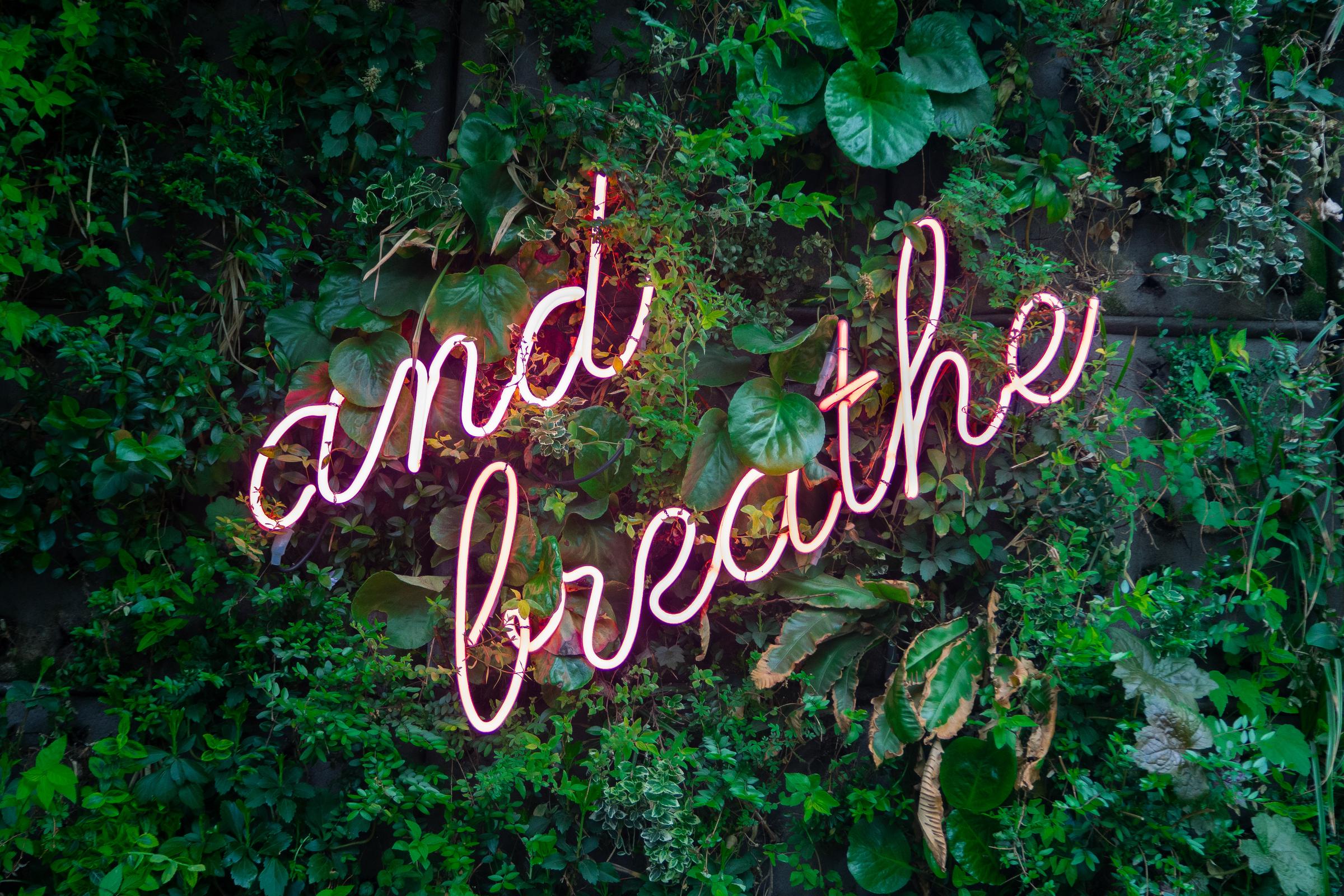
Wellbeing Team
Welcome to the Wellbeing space!
Epsom Primary School has two full time staff members dedicated to wellbeing: Kellie Macrae, Leading teacher of Wellbeing and Engagement and Tania Peirce-Whyte, Disability Inclusion Profile (DIP) / Inclusive Education as part of our leadership team to support a whole-school wellbeing approach.
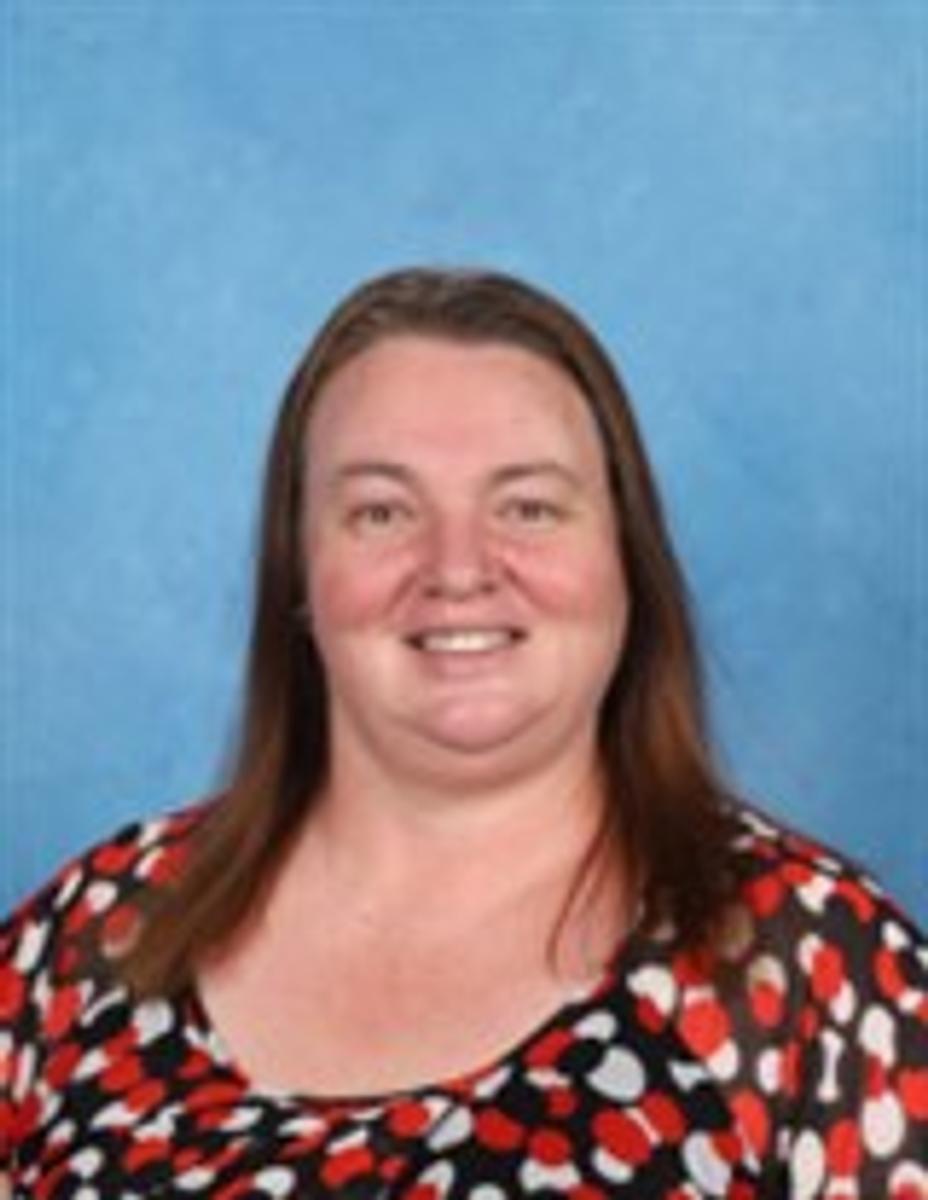
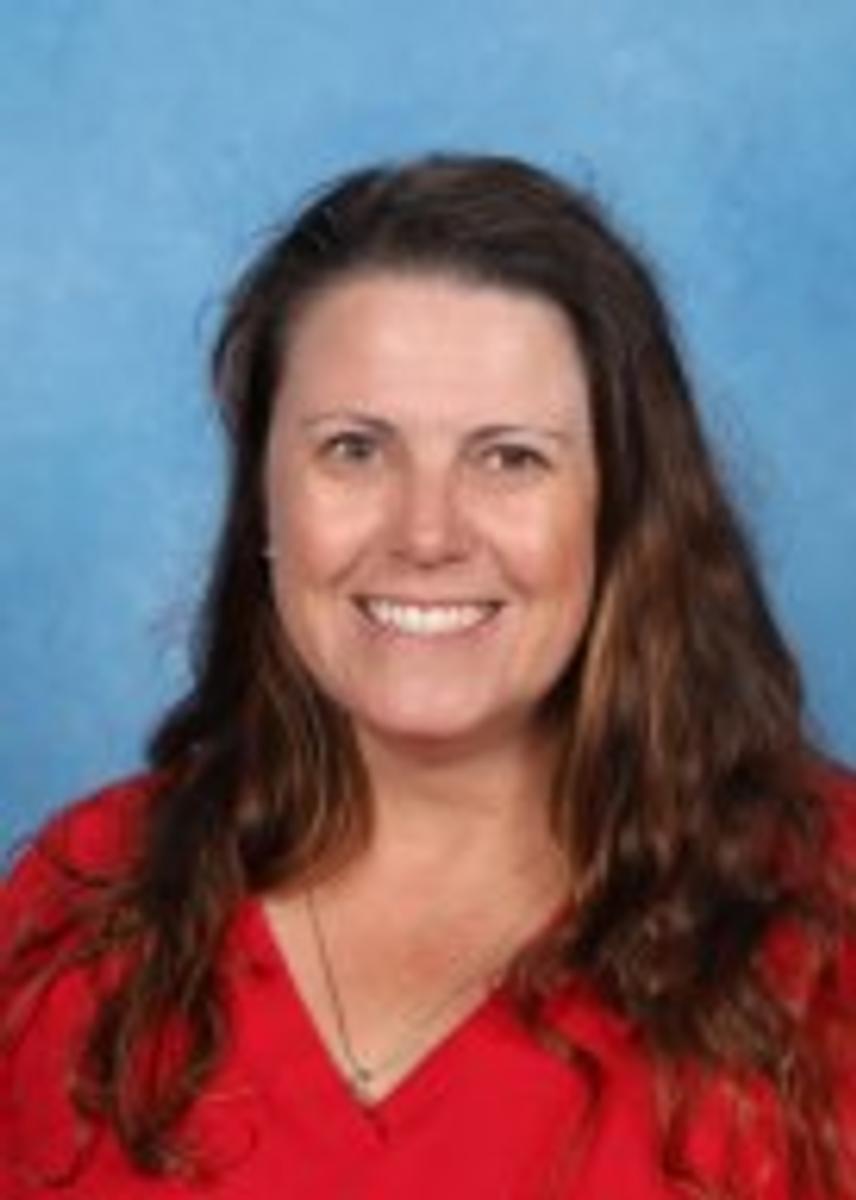


The team includes two part time staff members: Kaiden Antonowicz (Wed-Frid), Mental Health and Wellbeing leader (MHWL) and Clarissa Power (Mon-Tues), Student Counsellor.
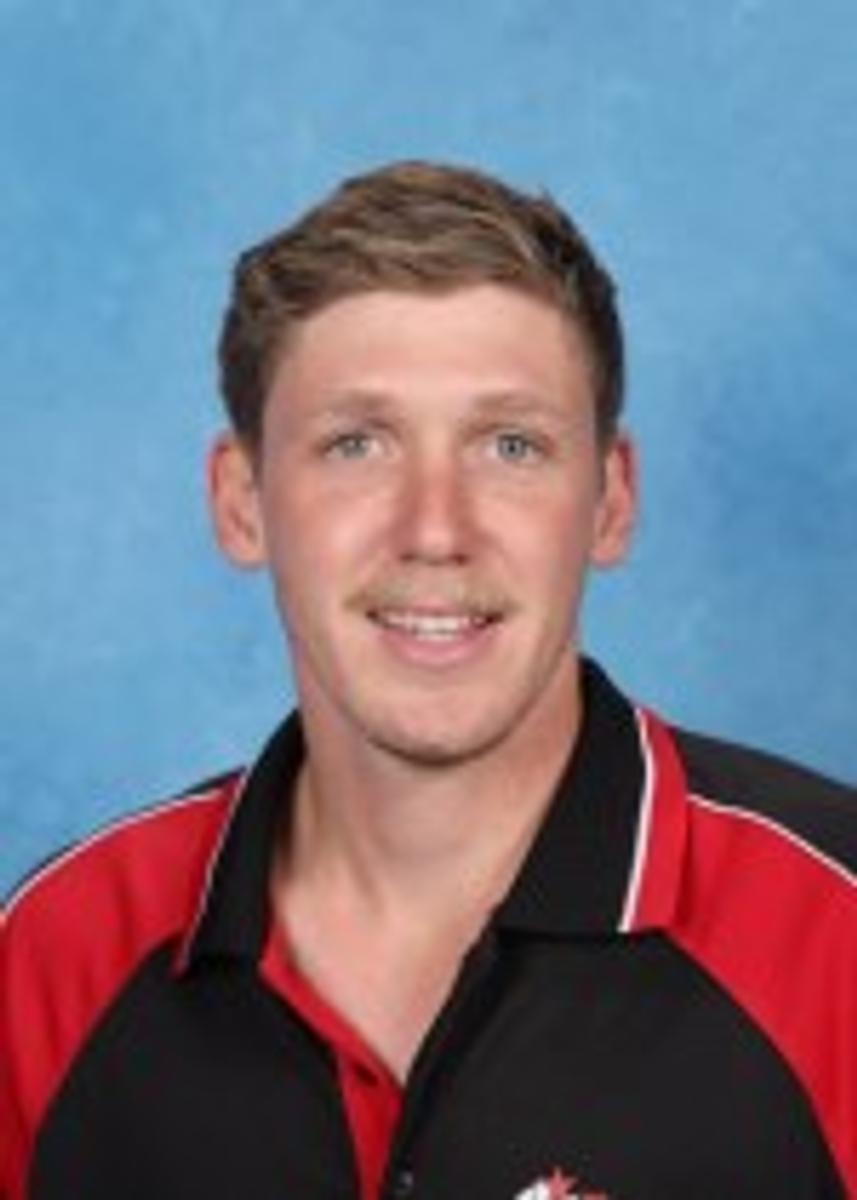
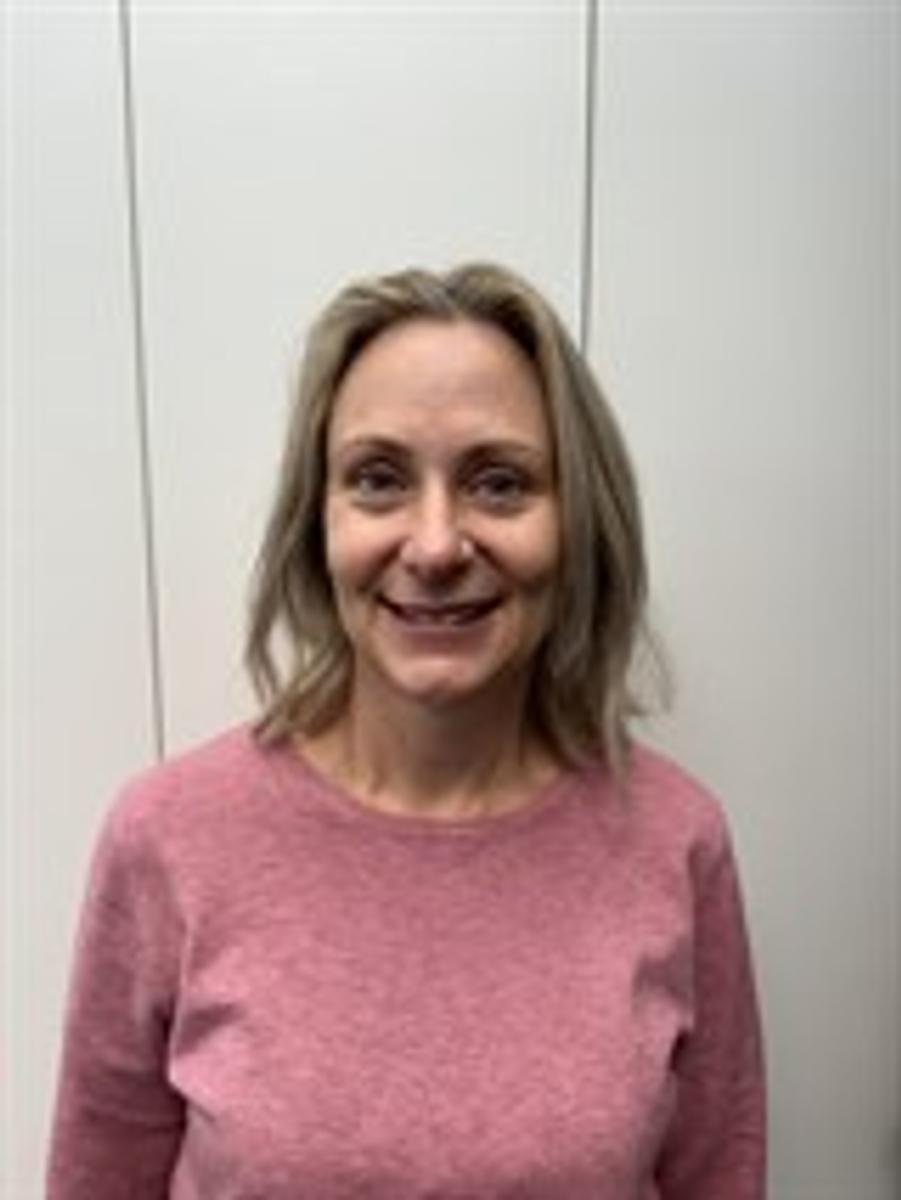


All wellbeing staff are available to meet with students or parents to provide support or referrals to additional services.
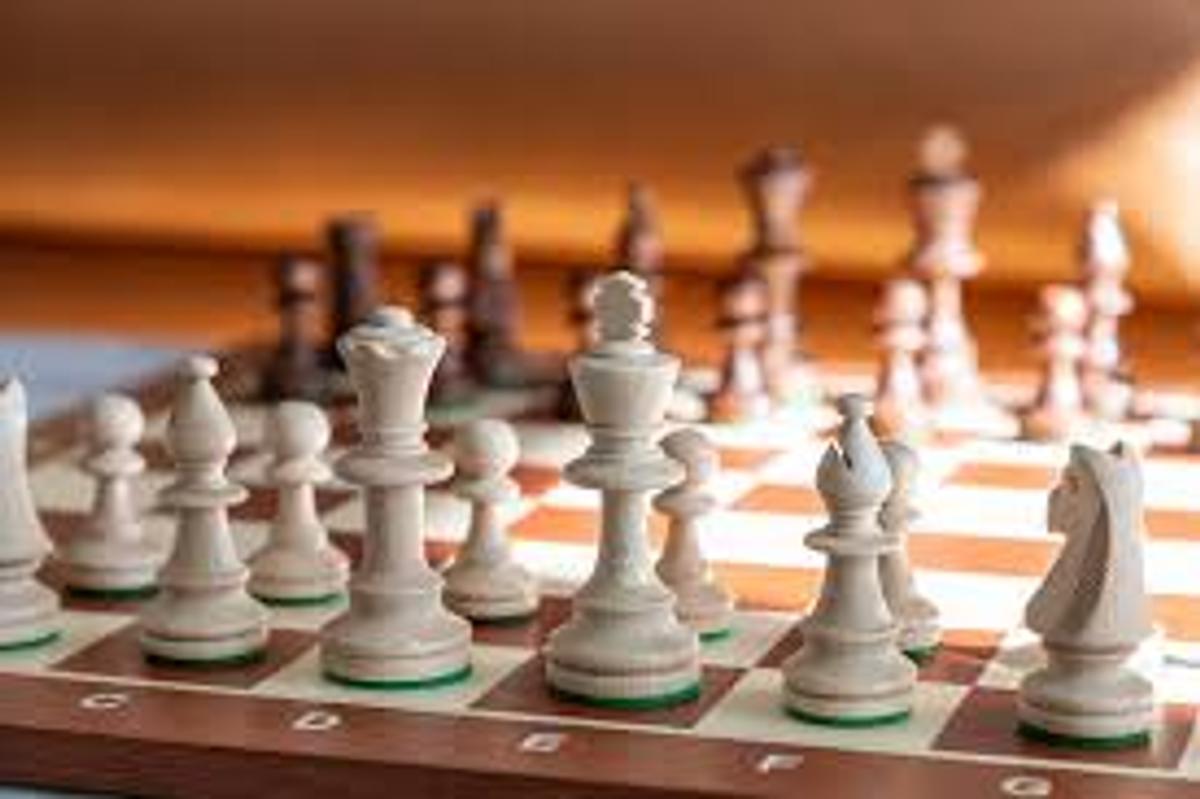

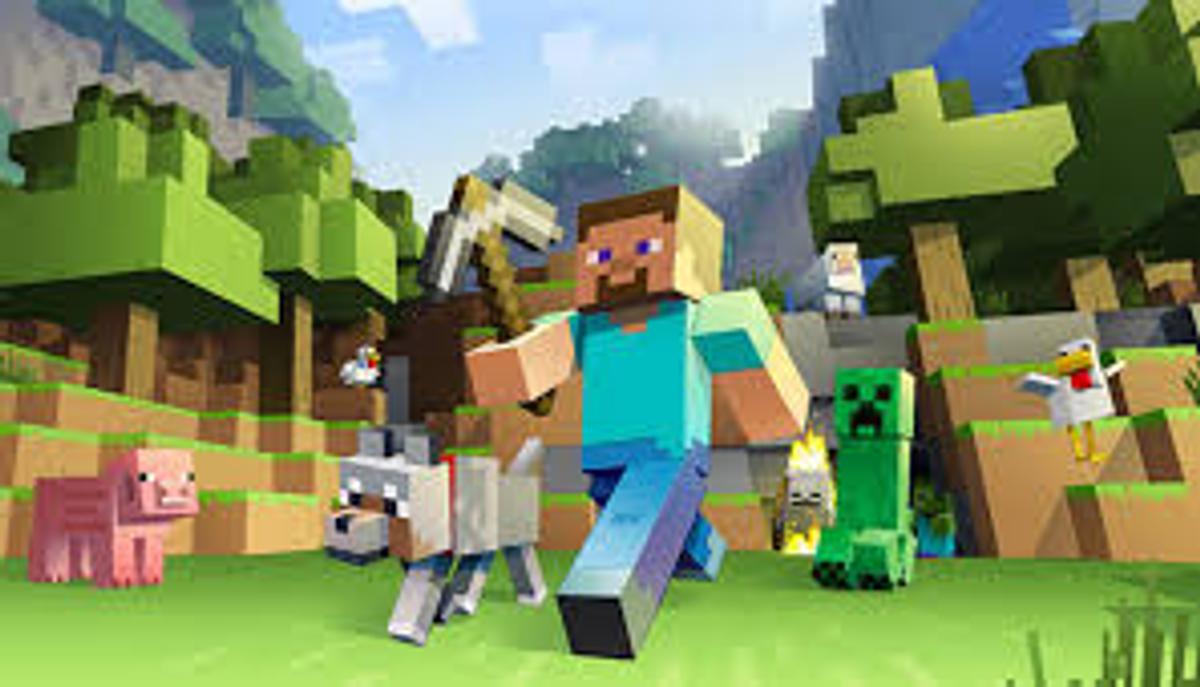
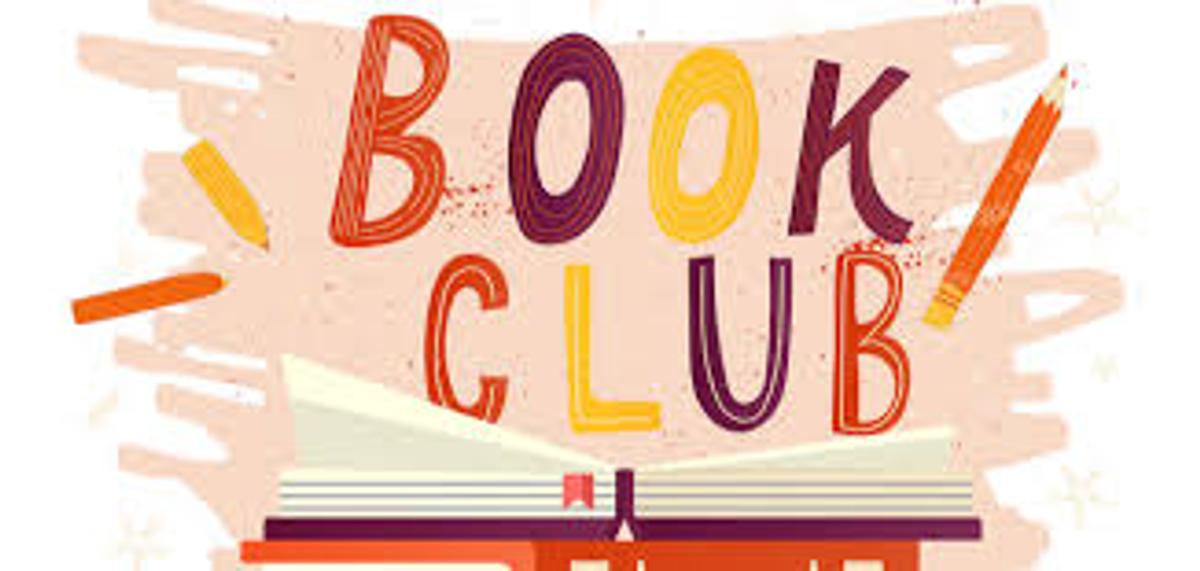






Our amazing Student Wellbeing Team:
- Hannah S - Delilah V-P - Hunter C- Knox M - Chloe W
- Amelie W - Hayley P - Chelsea R - Amelia B - Lucy J
Spotlight on Our Student Wellbeing Team
Our Student Wellbeing Team have continued their important roles around the school this term. You’ll often see them in their purple vests, checking in on students in the yard, helping out where needed, and being a friendly, supportive presence for others. They’ve also continued their fantastic work running Breakfast Club, making sure everyone starts the day with a full tummy and a smile.
On top of these responsibilities, the team has taken on an exciting new challenge, caring for our school guinea pigs! They’ve been working hard to feed them, clean their living space, bathe them, give them fresh water, and keep a close eye on their wellbeing. The guinea pigs have also been making special classroom visits, bringing lots of joy to students and staff alike.
We’re excited to share that our guinea pigs now have names!
This term, we continued our parent information sessions in partnership with professionals from the child mental health sector through the Children’s Health and Wellbeing Local.
Both of our Term 3 sessions Supporting Self-esteem and Stop the Tech. I appreciate all those who were able to attend and we hope that families found the strategies and discussions helpful in supporting their children at home.
We’re planning to continue these sessions in Term 4 and would love to hear from you. If there are particular topics you’d like us to explore or areas where you feel extra support would be valuable, please don’t hesitate to reach out. Your feedback helps us shape sessions that are most relevant for our community.
Email: kaiden.antonowicz@education.vic.gov.au
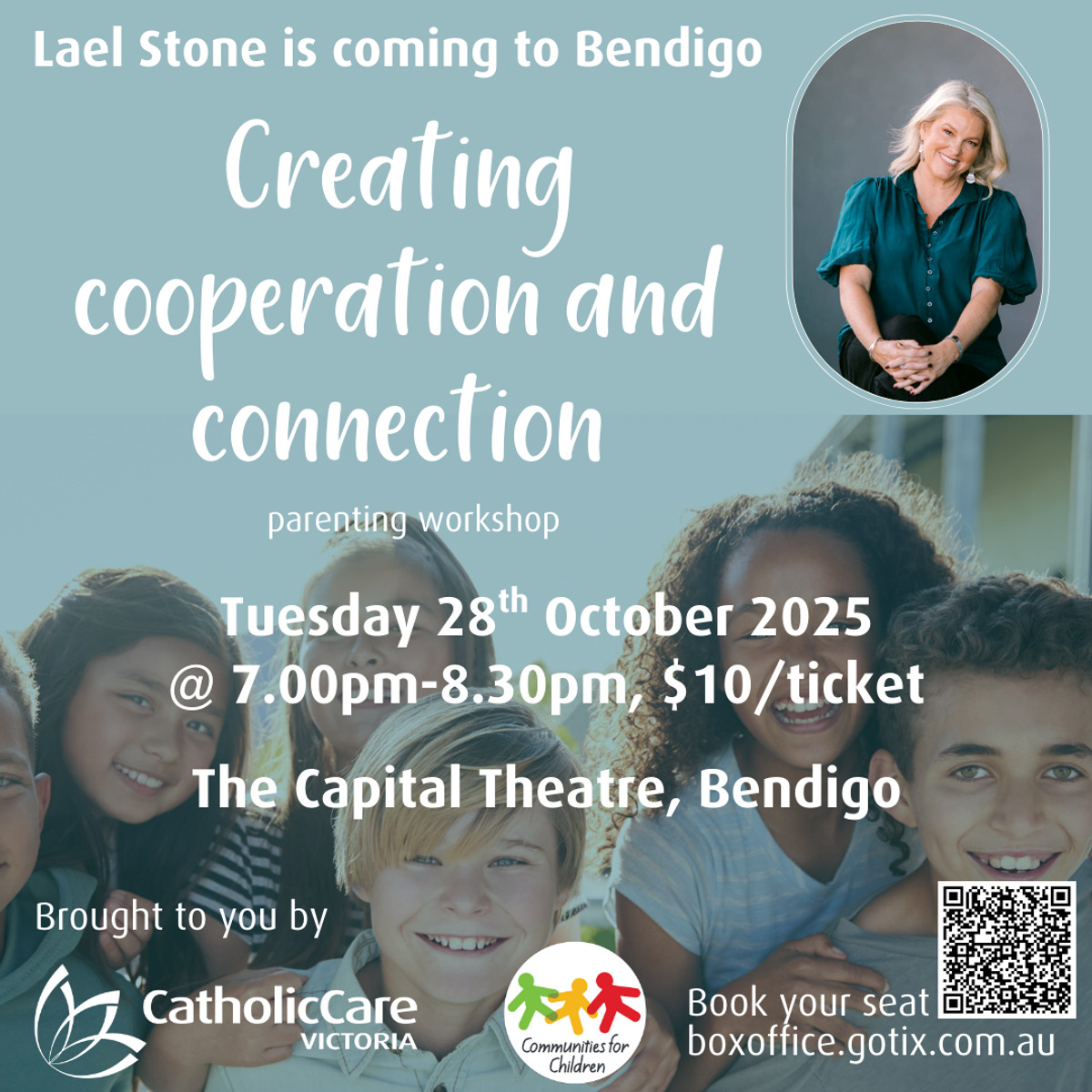
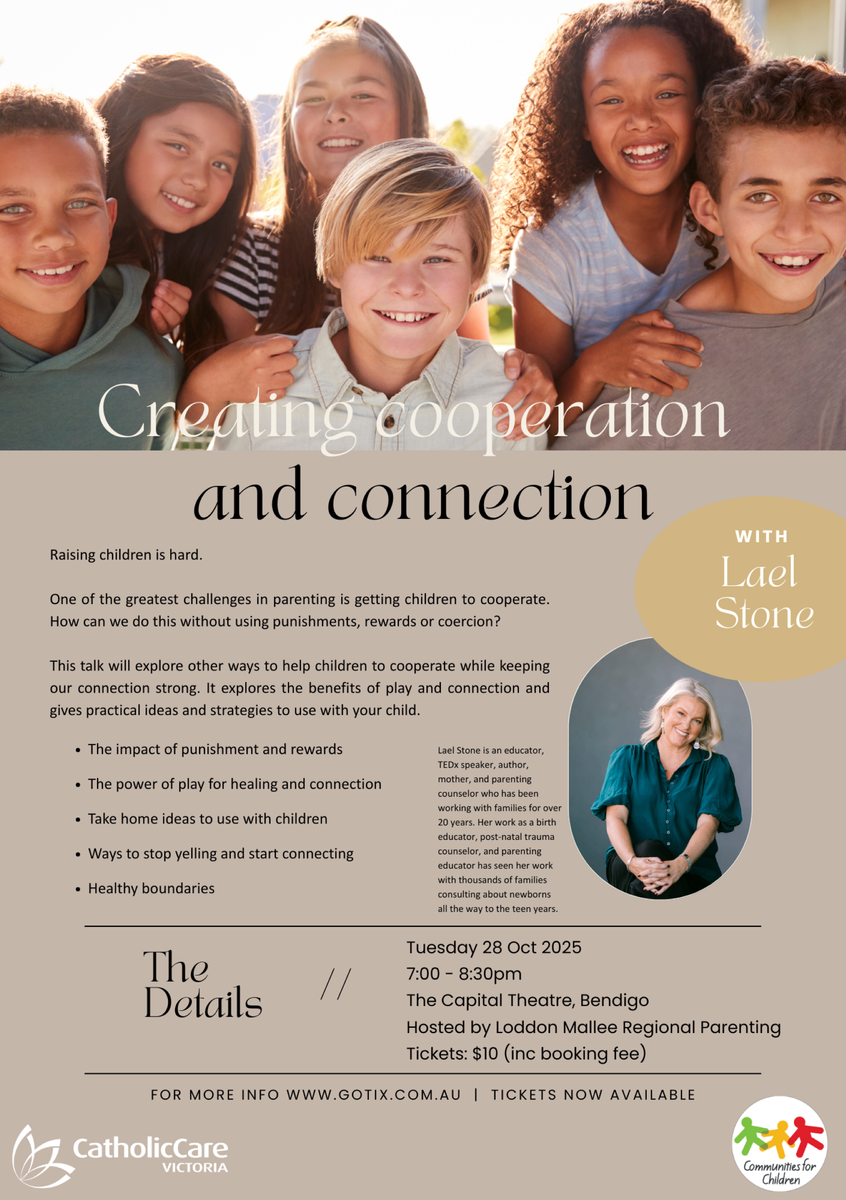


Catholic Care is hosting parenting speaker, educator, and author Lael Stone for a workshop “Creating Cooperation and Connection” on Tuesday 28th October, 7pm at The Capital Theatre. Tickets: $10 (incl. booking fee).
Lael Stone is an Australian Speaker, Educator and Author who’s passion is supporting parents to understand their children, helping adults process their own childhood trauma and creating education systems that value emotional awareness. Everything is based on one fundamental principle – connection and compassion. The purpose of her work is to help all humans understand themselves better and be inspired to live the life they desire
Article by Dr Michael Carr-Gregg: (One of Australia's highest profile psychologists)
If you’re a parent, teacher, or policymaker and you’re not worried about TikTok’s role in adolescent mental health, you should be.
Right now, millions of young Australians are bypassing GPs, psychologists, and psychiatrists — and turning instead to influencers and algorithms for answers about their wellbeing. Google has been replaced by TikTok. Evidence has been replaced by anecdotes. And self-reflection has been replaced by self-diagnosis. The results? Confusion, contagion, and in some cases, catastrophe.
The research is damning. Less than 15% of mental health content on TikTok comes from professionals. Over half of ADHD videos are misleading.Autism, trauma, and DID content is riddled with errors.Algorithms push this material at teens even if they aren’t searching for it.
During COVID, we saw a wave of functional tic disorders linked directly to TikTok content. That’s not awareness — that’s algorithm-driven iatrogenesis. Iatrogenesis is the unintended causation of a disease, injury, infection, or other harmful complication as a direct result of medical intervention or treatment, including diagnosis, therapeutic procedures, drugs, errors, or negligence. It reflects any adverse effect on a patient that is not considered part of the natural course of their underlying condition but instead results from external activities.
Adolescence is a perfect storm: identity confusion, peer pressure, and a brain wired for risk-taking. TikTok dangles easy answers: vague “symptom lists” that fit anyone (the Barnum effect), confirmation bias delivered on demand, and a culture where mental illness is normalised — even glamorised. Be clear, the platform doesn’t just reflect teen struggles, it shapes them.
To be fair, social media isn’t all bad. I am a big fan of the work of Dr Julie Smith a UK psychologist. Dr Smith began documenting her insights in short TikTok videos in 2019 after realizing that lasting therapeutic knowledge often feels inaccessible. She wanted to empower more people outside the therapy room by distilling psychological concepts into quick, digestible content. Her creative use of props (think overflowing "stress buckets", trauma filled waste paper baskets, fish tanks, or finger-trap metaphors) makes complex concepts like emotional regulation and anxiety relatable—without sacrificing clinical accuracy. Teaching through visual metaphors is a hallmark of her content, has resonated so well that she’s amassed millions of followers and is a trusted voice.
Unfortunately research shows that not all the content is as good. Parents report fractured relationships. Schools see distracted, distressed students insisting they “have” disorders based on TikTok clips and clinicians like me, spend valuable session time unpicking myths spread by influencers.
We don’t need another moral panic. We need action:
Parents: Talk with your kids about what they’re watching. Model healthy screen use. Don’t outsource mental health care to an app. Schools: Make media literacy as fundamental as maths. Enforce phone-free classrooms. Clinicians: Ask about social media use at intake. Offer credible alternatives. Platforms: Stop pretending. Enforce algorithm transparency. Flag unverified health content.
TikTok is not going away. But if we leave our kids’ mental health in the hands of algorithms and amateurs, the cost will be enormous.
Young people deserve better. They deserve professional help, credible information, and adults willing to guide them through the noise. Self-awareness is healthy. Self-diagnosis on TikTok is not.
Raising children is a big job and caring for your own wellbeing helps you support your child even better. Looking after your physical, mental and emotional health isn’t selfish, it’s essential. When you’re well, your child benefits too.
Need Support? Parentline (Vic Gov funded) offers free, confidential parenting support from 8am–midnight, 7 days a week.
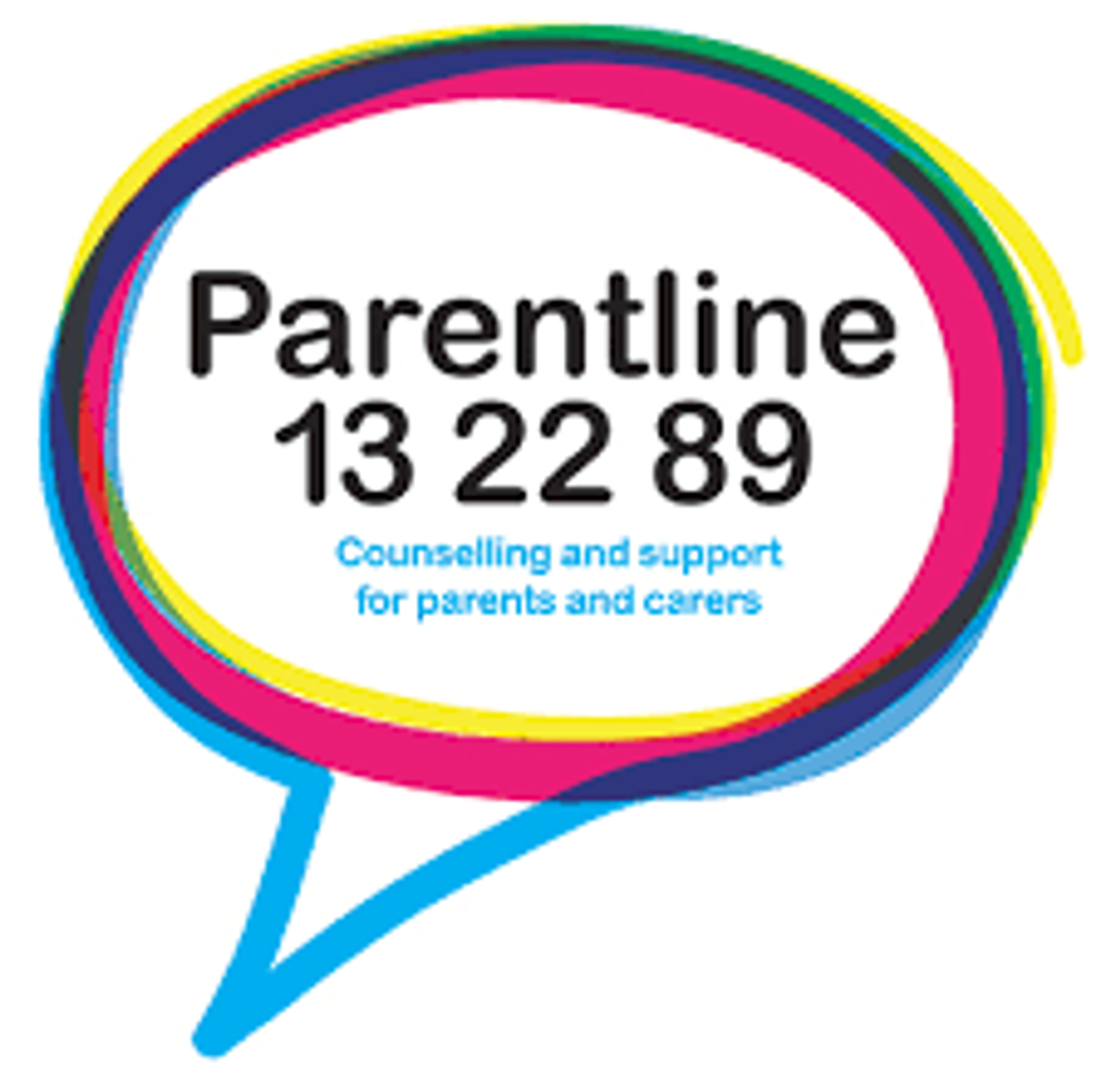

.
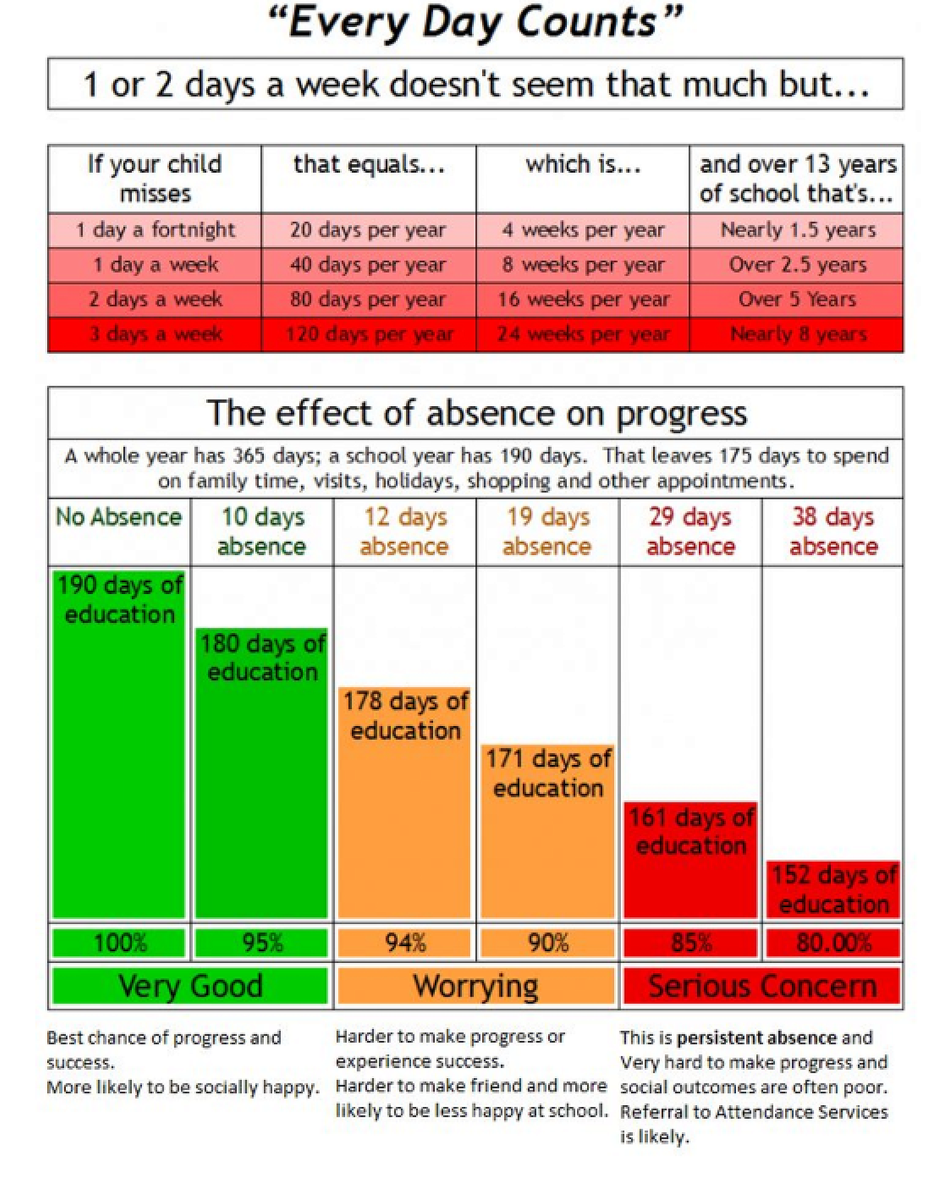

Every Day Counts – The Importance of School Attendance
Did you know that missing just one day of school a fortnight adds up to nearly 1.5 years of lost learning over 13 years of schooling?
Regular attendance is essential for students to stay connected, achieve success, and feel happy and engaged at school. Even a small number of days missed each term can add up quickly, impacting academic progress and social development.
Here’s a quick look at what absence can mean over time:
1 day a week = 40 days a year = Over 2.5 years of missed learning by Year 12
2 days a week = 80 days a year = Over 5 years lost
3 days a week = 120 days a year = Nearly 8 years missed
Attendance Matters:
190 days (100%) – Best chance of progress and success
90% attendance or below – Attendance begins to affect progress and friendships
80% or lower – Serious concern; likely to need intervention and support
There are 175 non-school days a year — plenty of time for holidays and family events. Let’s work together to make every school day count.
School holidays are an opportunity for families to bond, have fun, and try new activities together. Here are 5 easy and enjoyable holiday ideas that also support learning and development:
1.Scavenger Hunt:
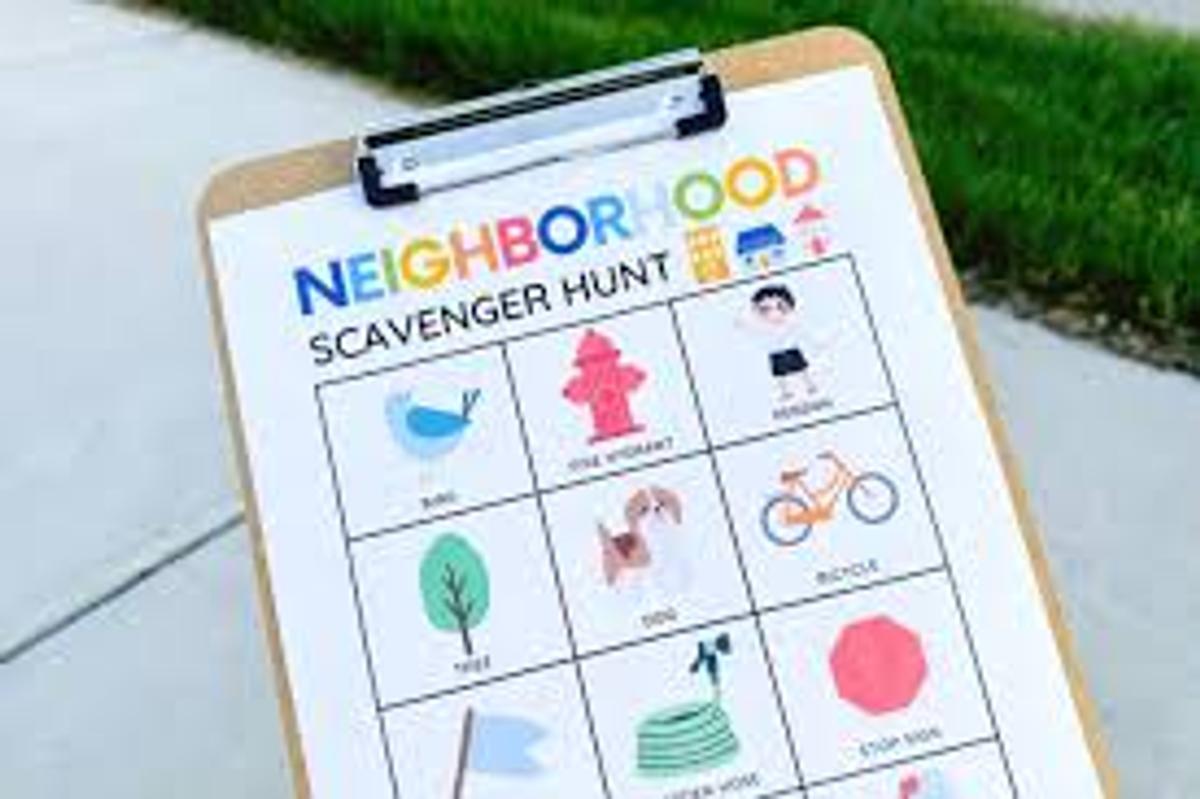

Create a simple scavenger hunt around the house, yard or even neighbourhood. Add sensory clues like finding soft textures or colourful items to encourage sensory play and motor skills. Can also alternate with fine or gross motor skills activities to make it an active scavenger hunt.


2. Baking Together:
Bake simple treats like cookies or cupcakes – plenty of pre-made packs out there too! Involve everyone in measuring, mixing, and decorating to work on fine motor skills and communication.
3. Nature Walks or Park Outings:
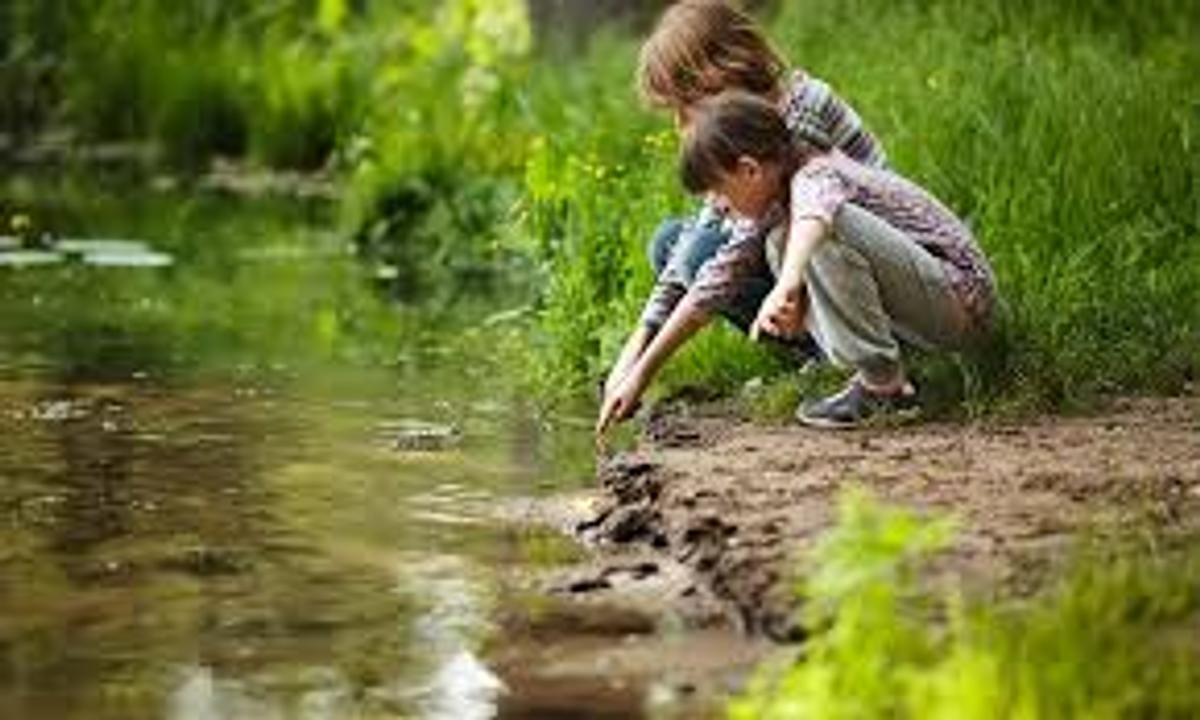

Head outdoors for a walk or a trip to the park. It’s a great way to get some physical activity and enjoy nature together.
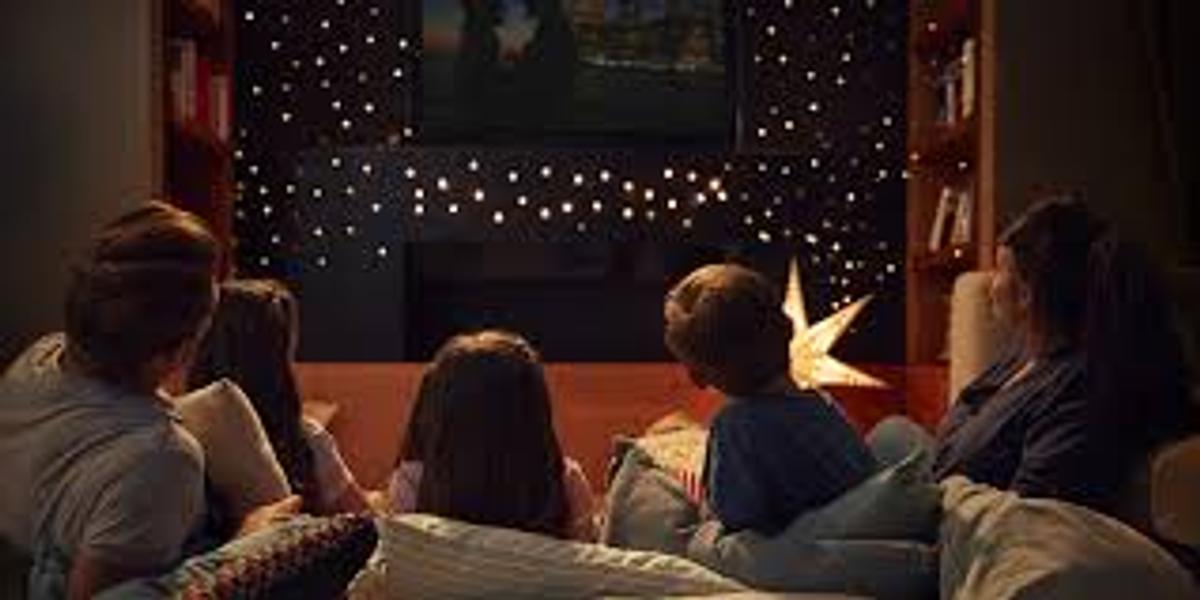

4. Holiday Movie Marathon:
Pick a few holiday classics and have a cozy movie day. Create a calm, relaxed environment to help children unwind and enjoy family time.
5. Dance Party:
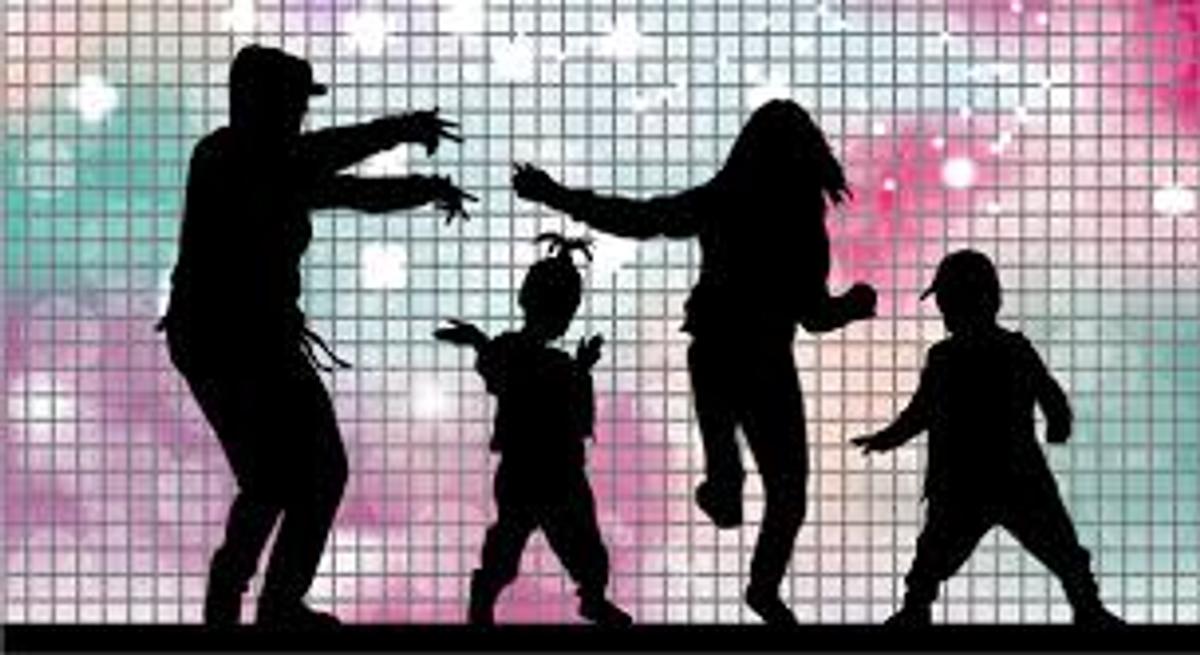

Put on some music and have a family dance-off or sing karaoke together, use bells and homemade shakers as instruments. This is fun for gross motor skills, coordination, and energy release.
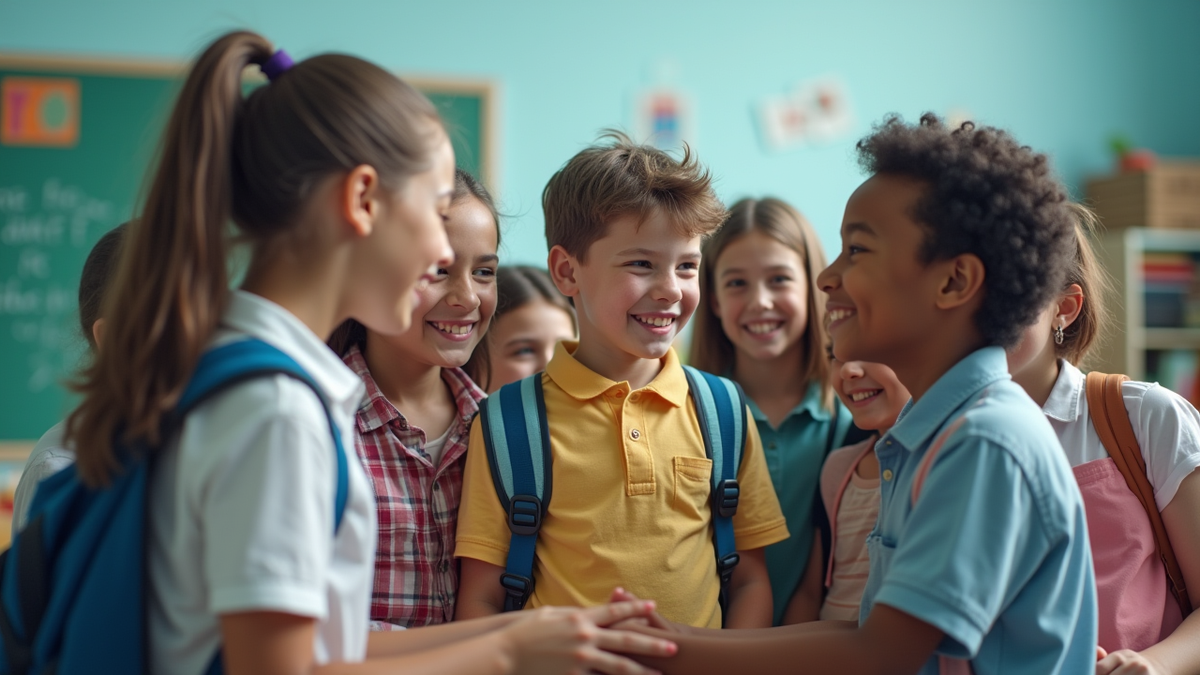

27.4% of under 12 year olds experience depression and anxiety
Students can access a registered onPsych psychologist face-to-face or via telehealth at school or at home; all bulk-billed.
NO COST, NO BARRIERS
• 100% bulk-billed through Medicare – no out-of-pocket expenses
• No waiting – fast access to care
• Flexible and private – your child connects with a registered psychologist online or face-to-face in school
• 20 Psychology Sessions per Year
• Delivered via video, voice call or in person at school or home
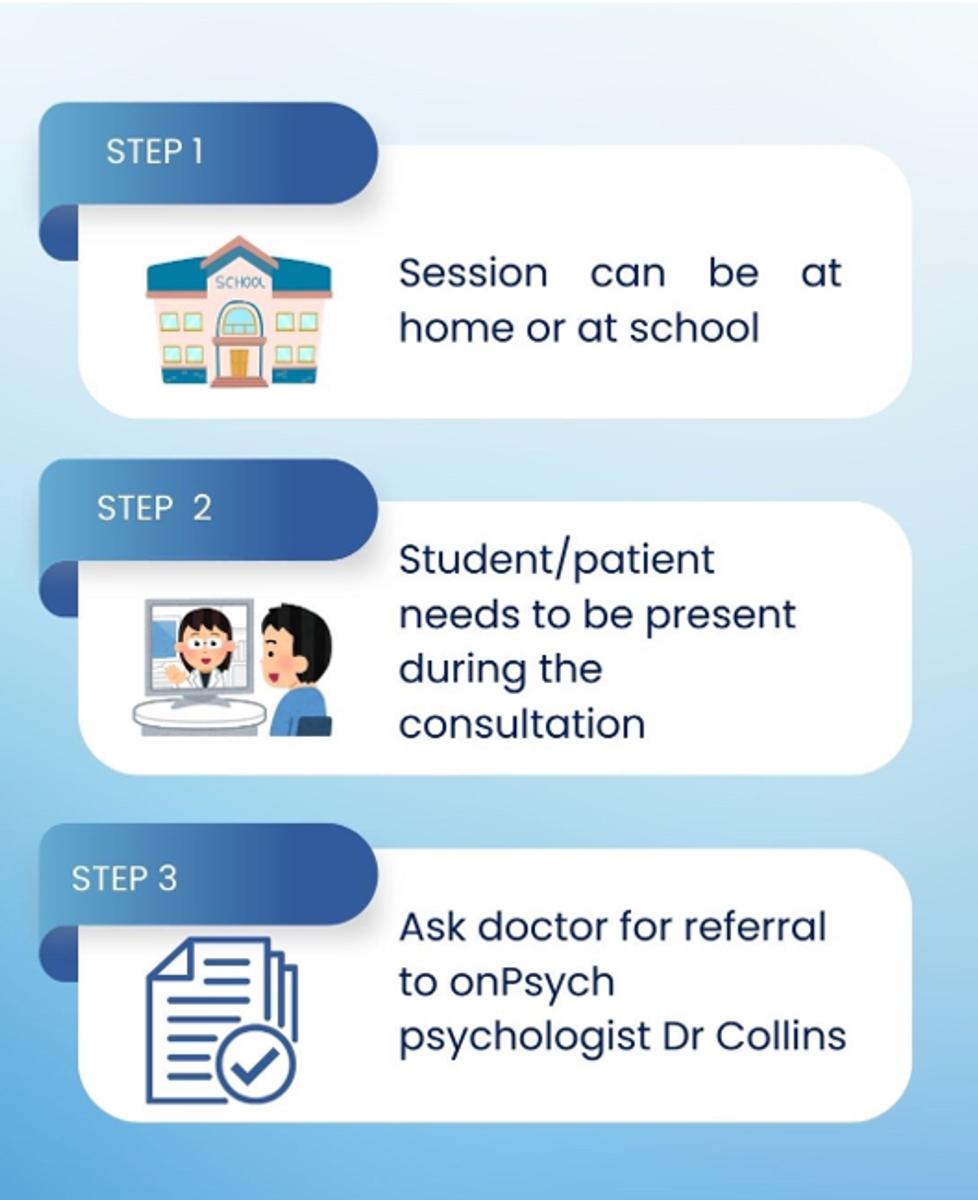

GP Telehealth Appointments | TeleDoc - Trusted Telehealth Doctors